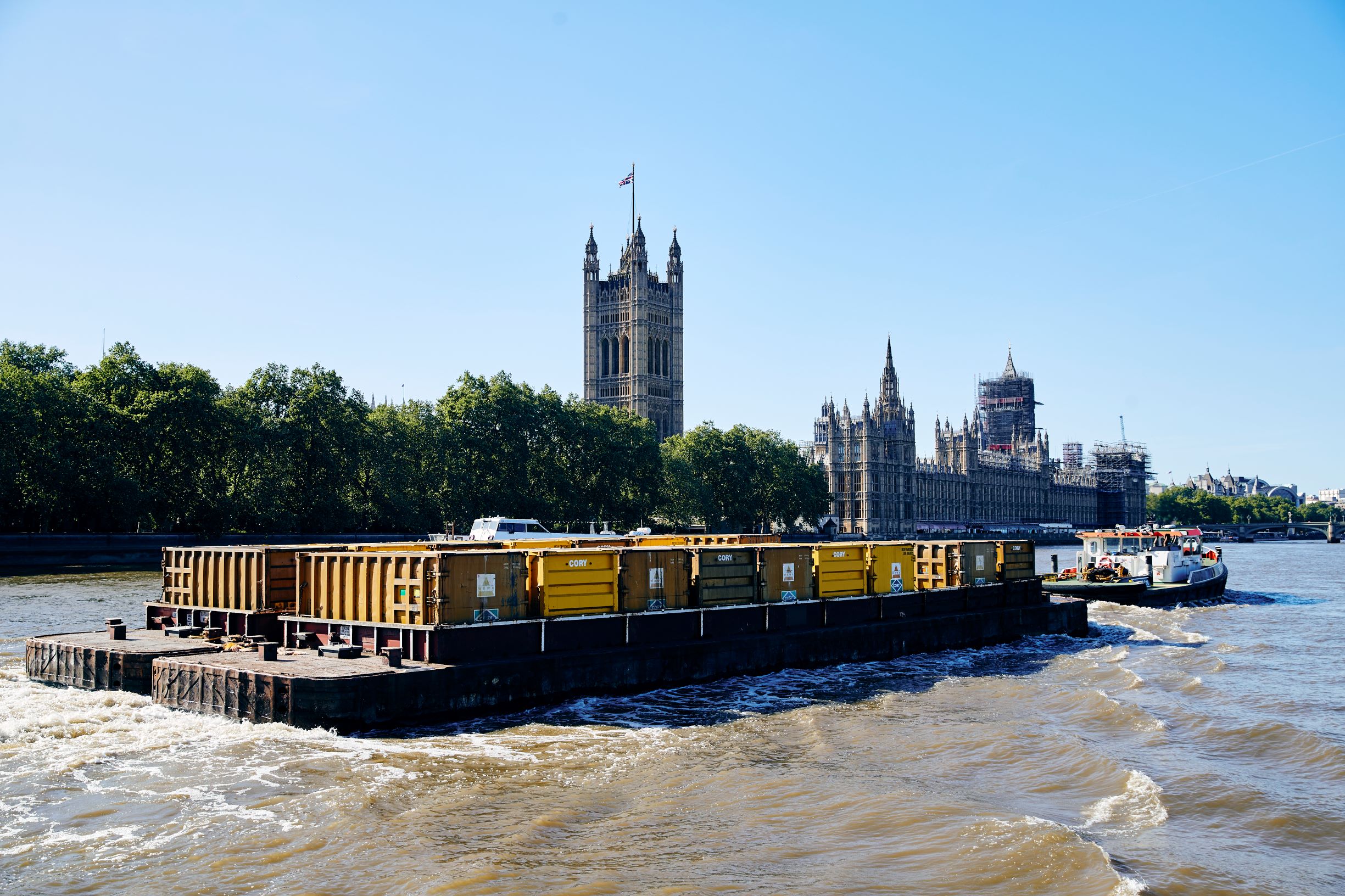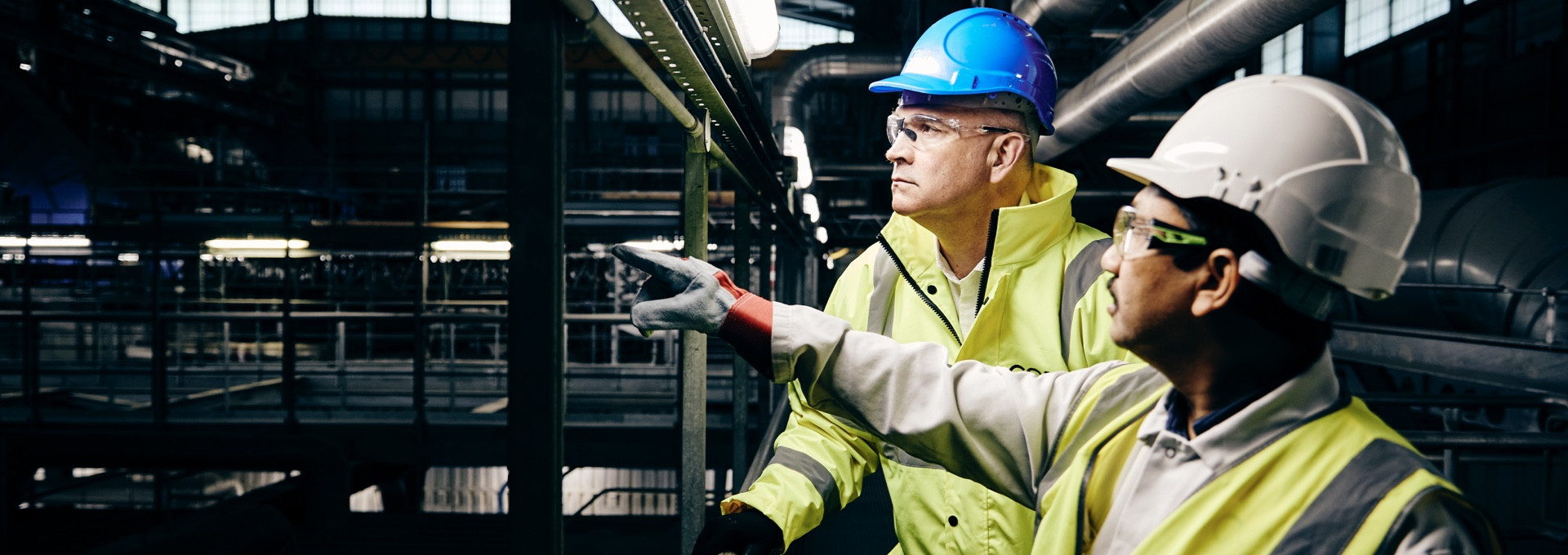 Thursday, 16th September, 2021
Thursday, 16th September, 2021
Government backs Cory and BAE Systems project on future of shipping
Cory has today announced a new, Government-backed collaboration with BAE Systems that will design, develop and demonstrate technologies for the reduction of emissions from marine vessels.
The study, which is part of the Department for Transport and Innovate UK’s Maritime Demonstration Competition, will consider river-based cargo vessels as a use case for low and zero emission technology with autonomous capabilities.
The project will begin as a feasibility study in September. It will explore a wide range of technologies, including vessel propulsion and systems, on-vessel power generation, low carbon storage, port and shore side solutions and autonomous smart shipping technologies. The feasibility study is due to be completed by March 2022 with the aim of producing a clear path towards demonstrable technologies.
Cory’s Director of Logistics, Fran Comerford-Cole, said:
Cory’s collaboration with BAE Systems is an important, coordinated effort to reduce shipping emissions and explore the potential of autonomous propulsion. As a business, we are proud of our stewardship of the Thames and the river’s role in reducing the environmental impact of our operations. We want to take this a step further by helping to drive innovation in lower and zero carbon marine vessels. In turn, this will help the UK on its road – or voyage – to net zero.
Paul Simavari, Business Development Manager at BAE Systems, Marine Europe said:
We’re excited to collaborate with Cory on this project which will move the maritime sector forwards on the journey to Get to Zero. Cory’s experience of reducing harmful carbon emissions, combined with our expertise in low and zero emission electric propulsion, power management and vessel autonomy, will help develop innovate solutions to ensure that we are firmly on the pathway to net zero carbon.
Cory recently announced that it had switched its fleet of tugs to run on hydrotreated vegetable oil (HVO), a biofuel. The move followed successful trials that resulted in a reduction of net carbon dioxide emissions by 90%. Regarding the move, Cory’s CEO, Dougie Sutherland, said:
While we know this is a great step forward, we also recognise that using HVO is a temporary measure on the road to net zero, and that is why we are also exploring opportunities for zero carbon marine vessels.
Cory has been operating on the River Thames since the company’s incorporation 125 years ago in 1896. The current fleet of tugs are responsible for transporting more than 1 million tonnes of recyclable and non-recyclable waste per year. Cory’s use of the river to transport waste is unique in the UK and saves 100,000 truck movements annually, helping to keep roads safer, cleaner, and less congested.
